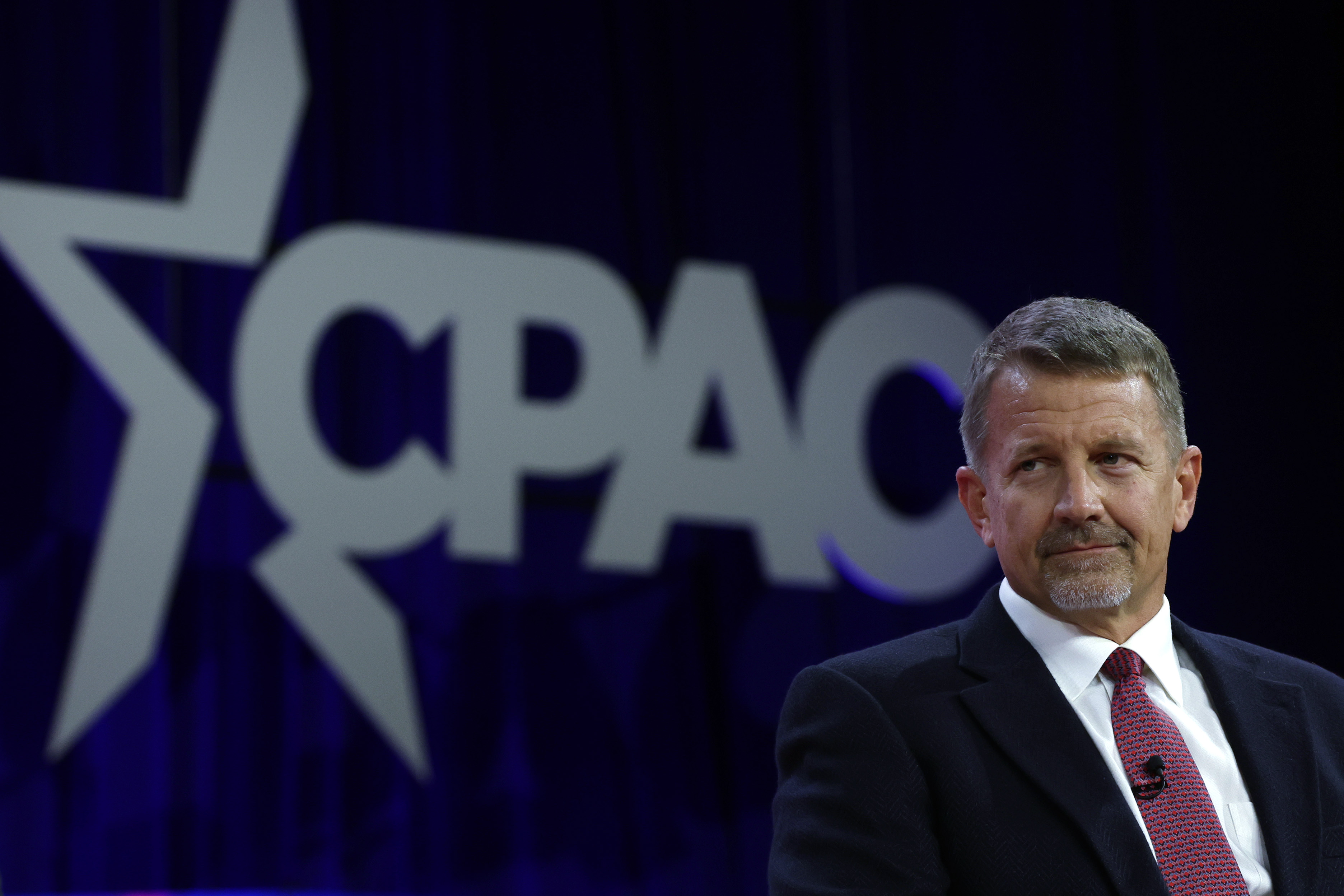Most Democrats are not motivated to oppose President-elect Donald Trump as he prepares to take office, despite half saying they feel "scared" about what he will do as the country's leader, according to a post-election poll published on Sunday.
Earlier this month, Democrats took a loss as Trump secured the popular vote and 312 Electoral College votes to win a second term in the White House, beating out Democratic nominee Vice President Kamala Harris.
Over the past few weeks, Trump has begun his transition back to the Oval Office, having previously served as the 45th president. He is the second U.S. president to take office again in a nonconsecutive term, the first being President Grover Cleveland.
Down the ballot, the Republican Party retained their majority in the House of Representatives, and flipped the Senate, gaining control with 53 seats.
Motivation to Oppose or Support the President-elect
A CBS News/YouGov poll of 2,232 U.S. adults conducted between November 19 and 22 found that a majority of Democrats aren't motivated to oppose Trump'sefforts as president, with 10 percent motivated to support him and 46 percent identifying as "will not motivate to do anything either way."
Forty-four percent of Democrats said they are "motivated to do things to oppose his efforts as president." It is not clear from the poll what that would entail. The poll has a margin of error of plus or minus 2.3 percentage points.
In the poll write up, CBS News wrote that "there seems to be a sense of exhaustion" among Democrats.

Feelings About Trump Winning and Second Presidency
The CBS News/YouGov poll also found that 50 percent of Democrats and 19 percent of independents said they feel "scared" about what Trump may do as president. Similarly, 48 percent of Democrats and 19 percent of independents described their feelings about Trump winning the election as "angry."
Sixty-eight percent of Republicans identified as "happy" Trump won, 26 percent said they were "satisfied," and only 5 percent were "dissatisfied" and one percent "angry."
Newsweek has reached out to Trump's communications director for comment via email on Sunday.
Presidential Transition and America's Future
While majority of respondents, 59 percent, approve of Trump's handling of the transition so far, by party lines, only 22 percent of Democrats approve, while 95 percent of Republicans do and 56 percent of independents.
More Republicans are optimistic about America's future than Democrats the poll found, with 67 percent of Republicans believing "America's best days" are ahead, compared to 36 percent of Democrats. Majority from all parties agree the best days are not currently, but more Democrats, 45 percent, believe the best days were in the past, whereas only 27 percent of Republicans believe that.
Trump Cabinet Nominations and Senate Confirmations
The poll asked respondents' opinions on four recently named Trump nominations, Senator Marco Rubio for secretary of state, former independent presidential candidate Robert F. Kennedy Jr. for secretary of Health and Human Services, Pete Hegseth for defense secretary, and former Representative Tulsi Gabbard for director of national intelligence.
Of the four, Kennedy Jr. has the most support from Republicans and the least support from Democrats, with 77 percent of Republicans believing he is a "good choice" while 66 percent of Democrats believe he is a "not good" choice.
In addition, Democrats overwhelmingly support the U.S. Senate holding confirmation hearings on the nominees, with 94 percent backing the process, compared to 55 percent of Republicans. Only 6 percent of Democrats believe Trump should appoint his Cabinet picks without Senate hearings or approval, presumably through recess appointments, while 45 percent of Republicans support that approach.



















 English (US) ·
English (US) ·